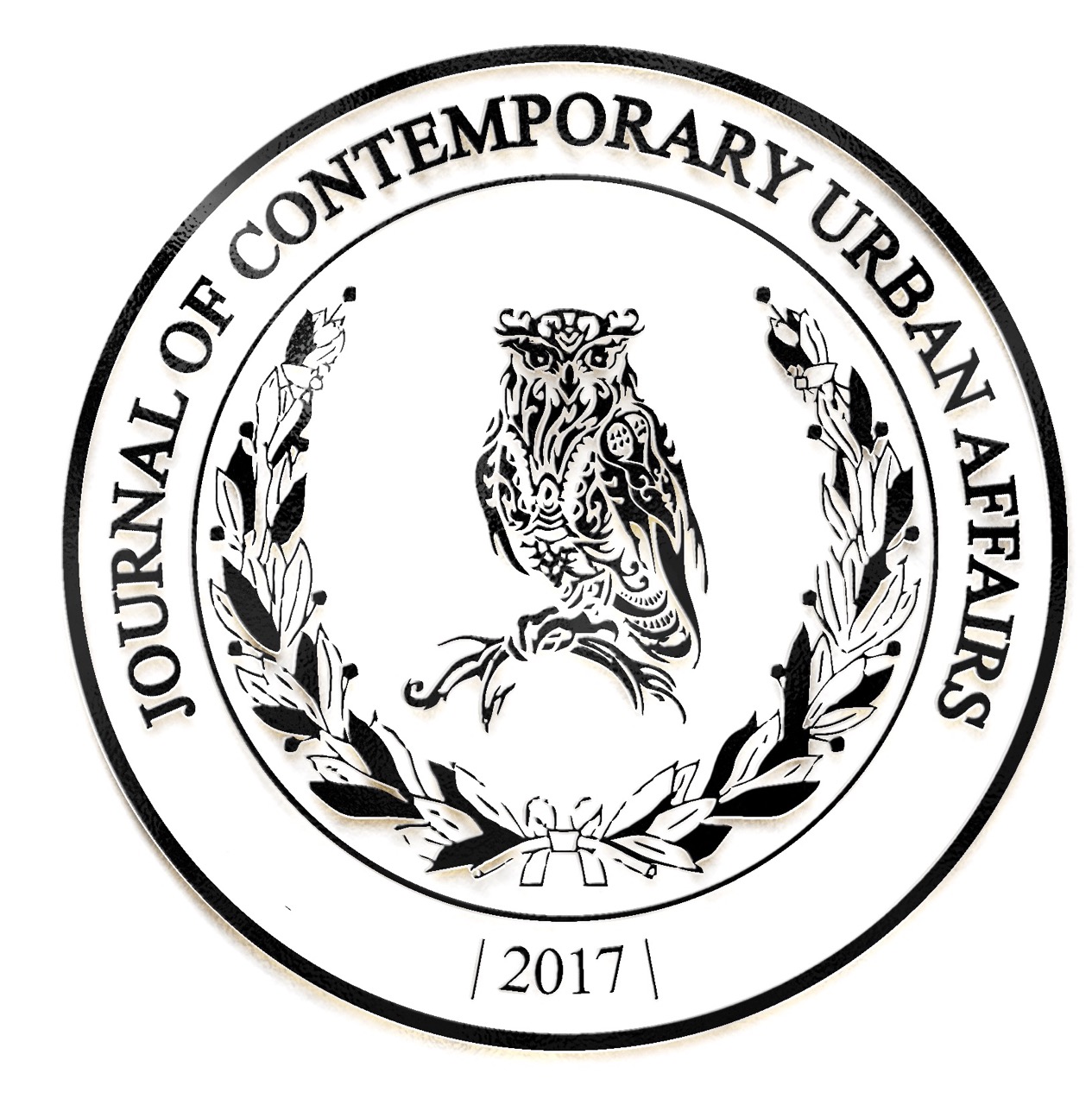Focal point
Location
Cikcilli District, Saraybeleni Street No:7 07400 , Alanya, Antalya, Turkey
The journal promotes original academic contributions that are cross-disciplinary to strengthen research under three main areas: Citizenship Rights and Responsibilities; Territorial Studies; and Urban Transformations.
In this regard, the journal has aimed to:
- discuss the role of urban planners, urban designers, and architects in enhancing social and economic aspects of the built environment.
- discuss emerging social and economic challenges and problems facing global cities within other scientific fields.
- develop theoretical and methodological foundations in respect of the social and economic problems of contemporary urbanization.
- bring a scientific view to emerging social and economic challenges in urban spaces.
- provide sufficient comparisons of different challenges and solutions facing cities and societies, as referred to in the aforementioned main aim of the journal.
- discover and identify innovative methods and techniques to overcome the aforementioned challenges.
Contributions are welcome from across the full range of social sciences and arts and humanities disciplines. It is expected that the contributors will provide advanced empirical and theoretical knowledge referring to contemporary urban affairs - from both positive and normative perspectives. Priority for publication is given to research articles that are specifically written for a multidisciplinary audience with the highest quality and impact. In this regard, the journal looks for articles that are innovative and demonstrate excellent research and development.
Members:
Resources
Displaying 31 - 35 of 103Proclaiming Colonial Urban Heritage: Towards an Inclusive Heritage-interpretation for Colombo’s Past
Colombo Sri Lankas commercial capital is a forceful creation of European colonialists who occupied the island for over four centuries Its urban structure displays the social fragmentation sought by the rulers Colombo elaborates an extraordinary process of citymaking stratified with its Dutchorigin Britishreshaping and postcolonial adaptation Proclaiming such a contested past as an inheritance requires an inclusive heritage interpretation The recent renovation of monumental buildings for potential market values and demolishing minor architecture do not display such a heritage interpretation
Sustainability of Tourism Development in the city of Ain-Sukhna, Egypt
Tourism is a major economic source for Egypt due to its significant natural and cultural attractions Yet rapid development and construction of touristic facilities have a negative impact on the fragile natural and cultural heritage This paper studies the recent touristic developments of the coastal stretch of AinSukhna on the Red Sea coastal region of Galala Mountain and their impact on the surrounding natural and cultural attractions Coral reefs and rich marine life have made this stretch among the prime fishing and scuba diving destinations in the world The area is also famous for its yea
Informal Use of “Marginal Open Space” Along Residential Streets in a Nigerian City
In todays highly regulated cities a conspicuous pattern of marginal open space has emerged between buildings and streets With rapid population growth different activities are also emerging in the open spaces particularly in the cities of developing countries This study explores the informal use of the marginal open spaces along residential streets in IleIfe Nigeria to identify the physical planning implications The data for this study were mainly collected through a questionnaire survey and open space measurements Findings established that the major activities in the open space were necessa
Sustainable Construction for Affordable Housing Program in Kabul
Afghanistan suffers from four decades of war caused a massive migration of the rural population to the cities Kabul was originally designed for 15 million people where now 5 million people live The importation of modern western styles housing for rapid reconstruction reveals apparent cultural conflict and significant environmental footprint The new constructive cultures for sustainable reconstruction should necessary consider the use of local materials combined with modern technologies Earthen architecture underlies the embodiment of Afghanistan architecture The aim of this research is to r
Smart Heritage for Urban Sustainability: A Review of Current Definitions and Future Developments
Smart heritage is still novel in heritage discourse with a few relevant review articles In this regard a specific interpretation of smart architectural heritage and a framework for instructing its development is lacking This article reviews the literature on smart heritage in sustainable development to fill the knowledge gap As a methodology for this study the integrative review approach and thematic analysis are adopted to review references located at the crossroads of historic smart and sustainable disciplines The review and interpretation draw on literature from relevant fields to unders


